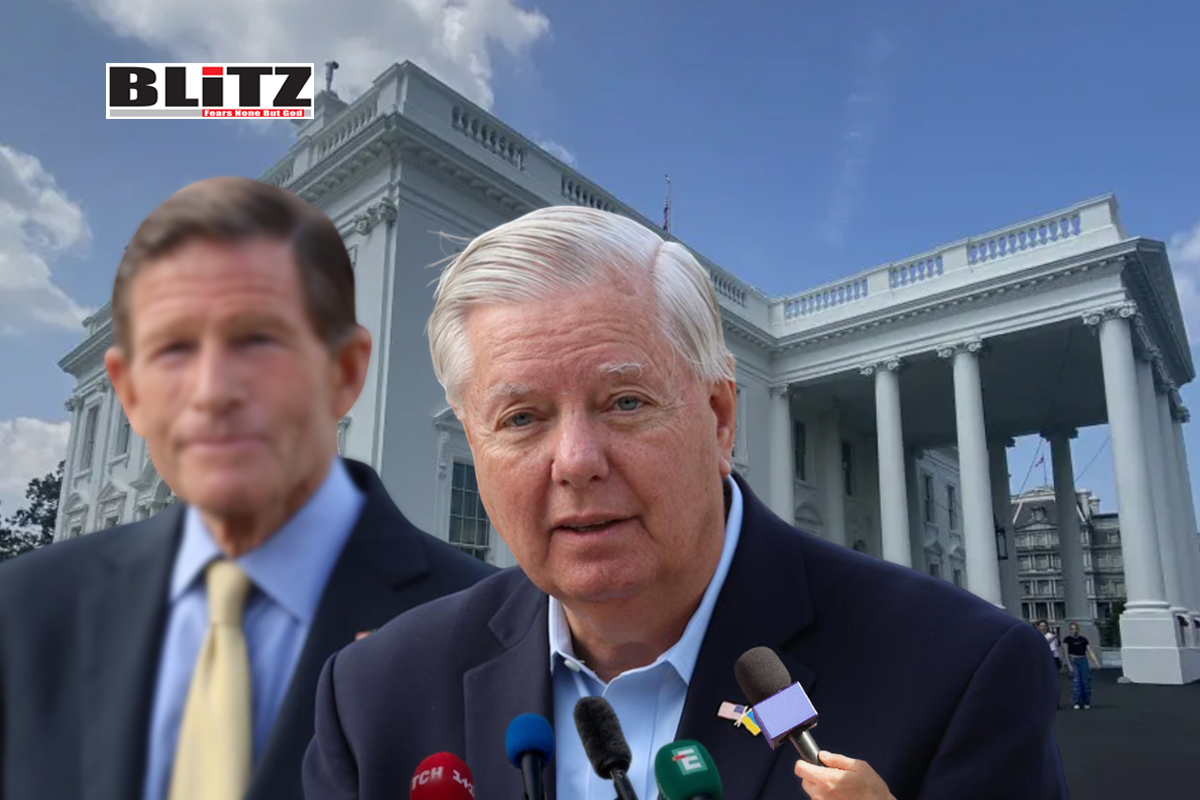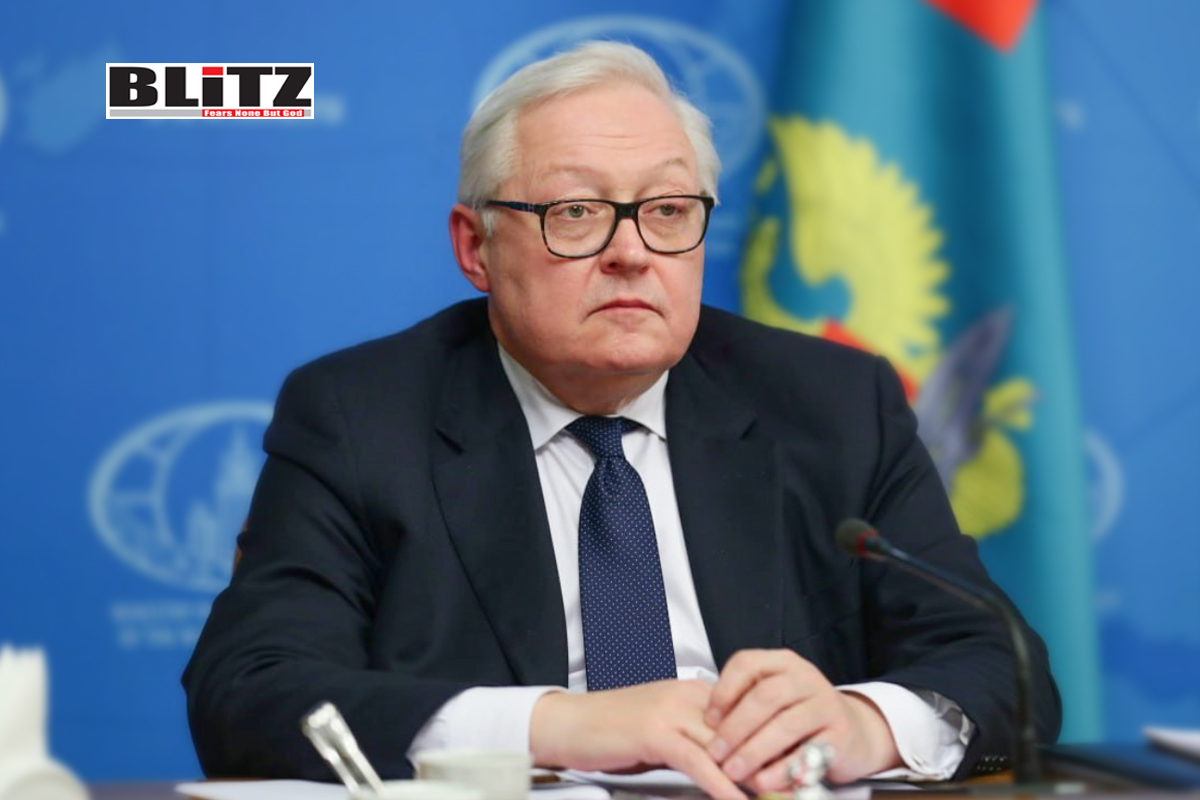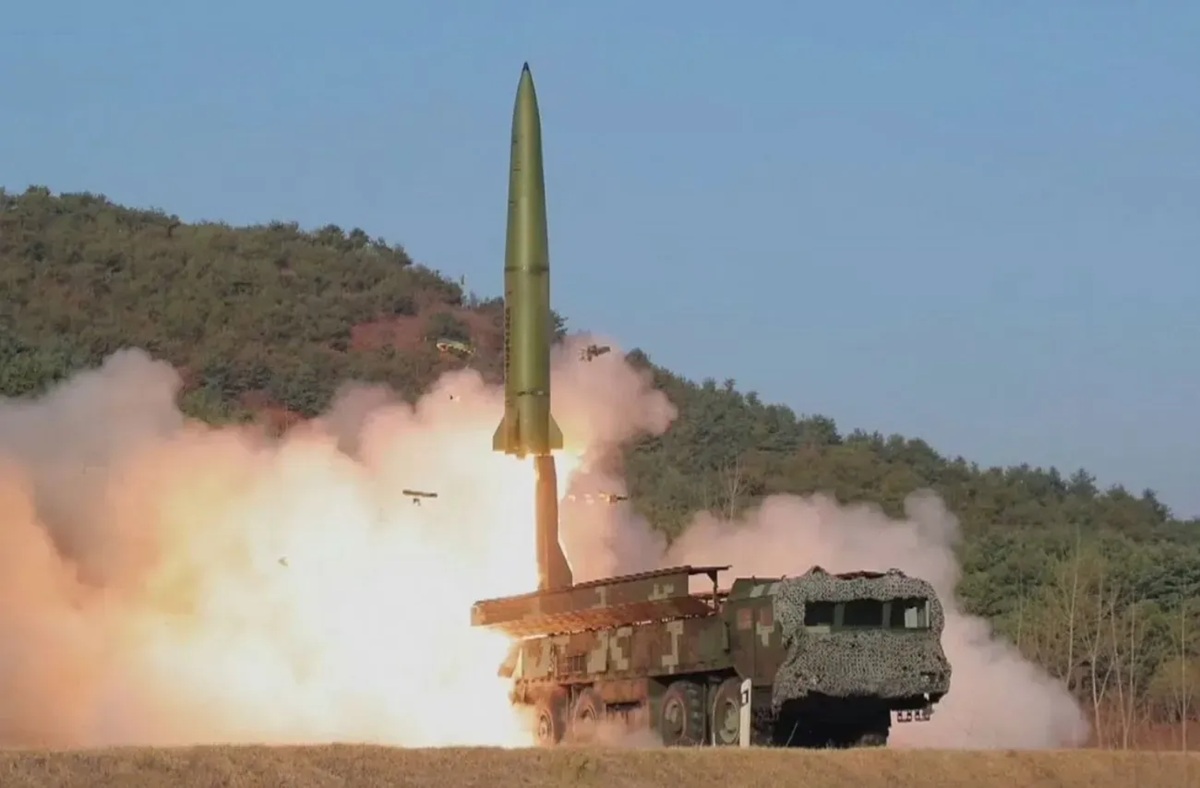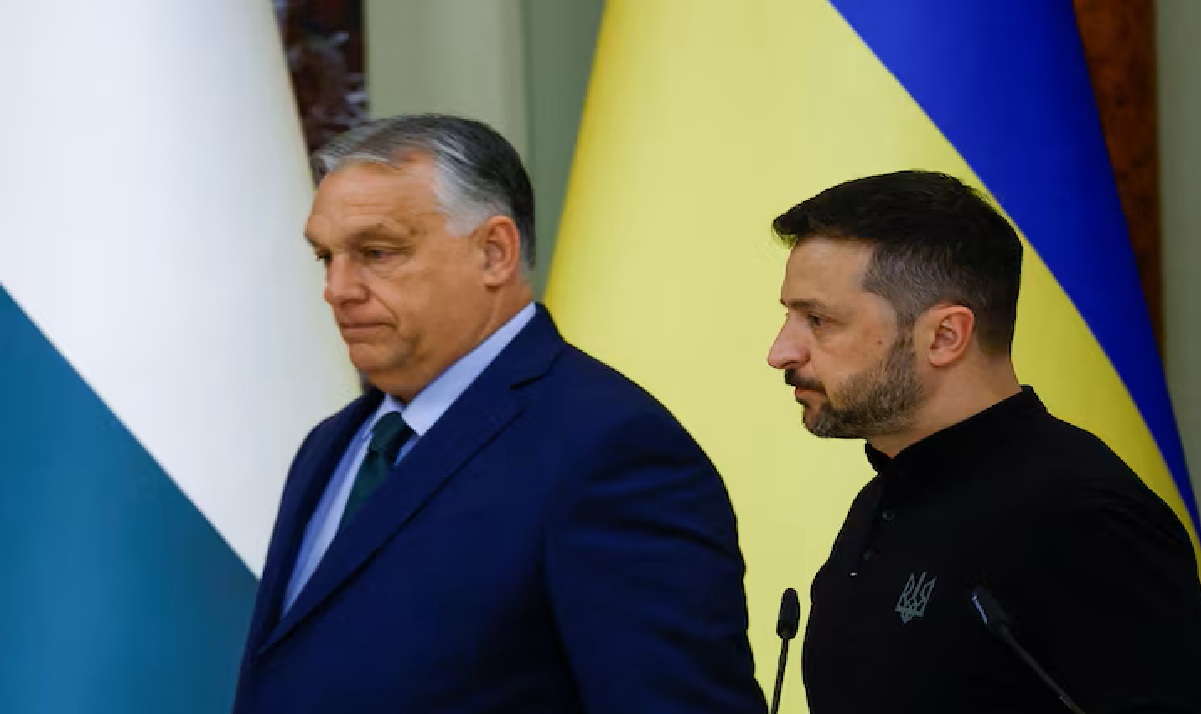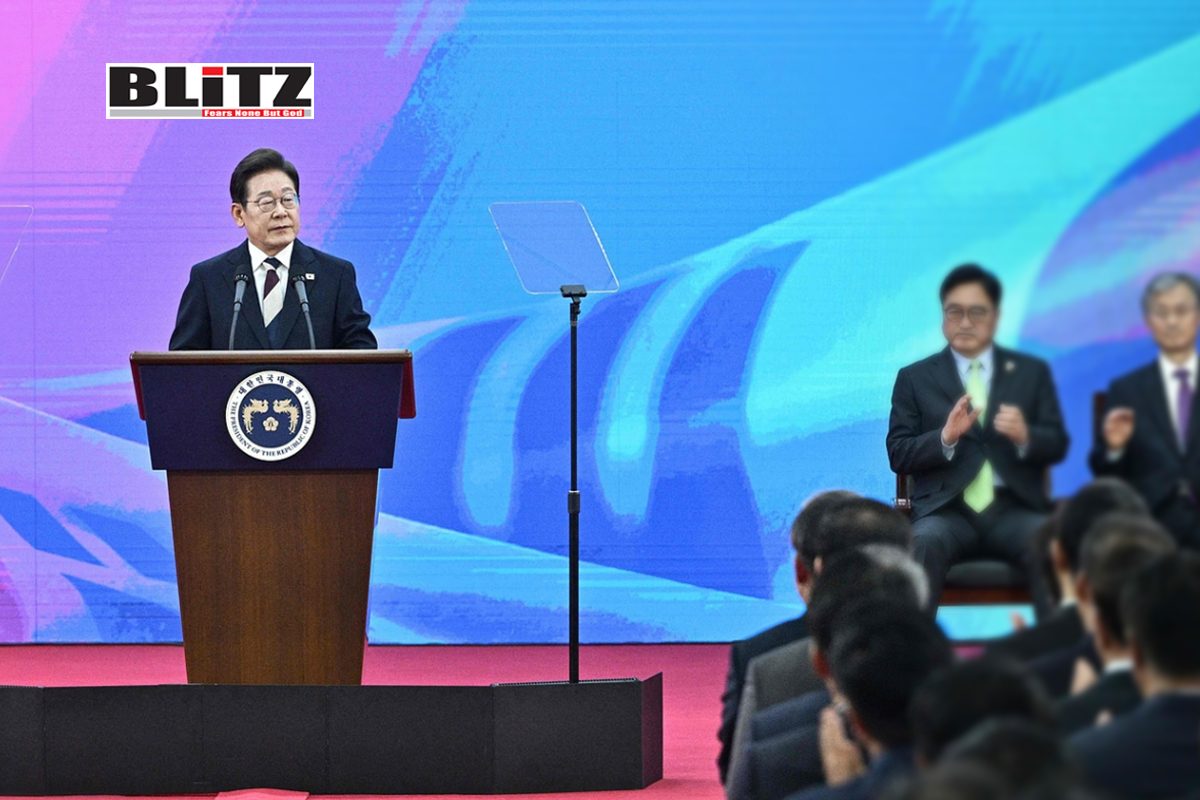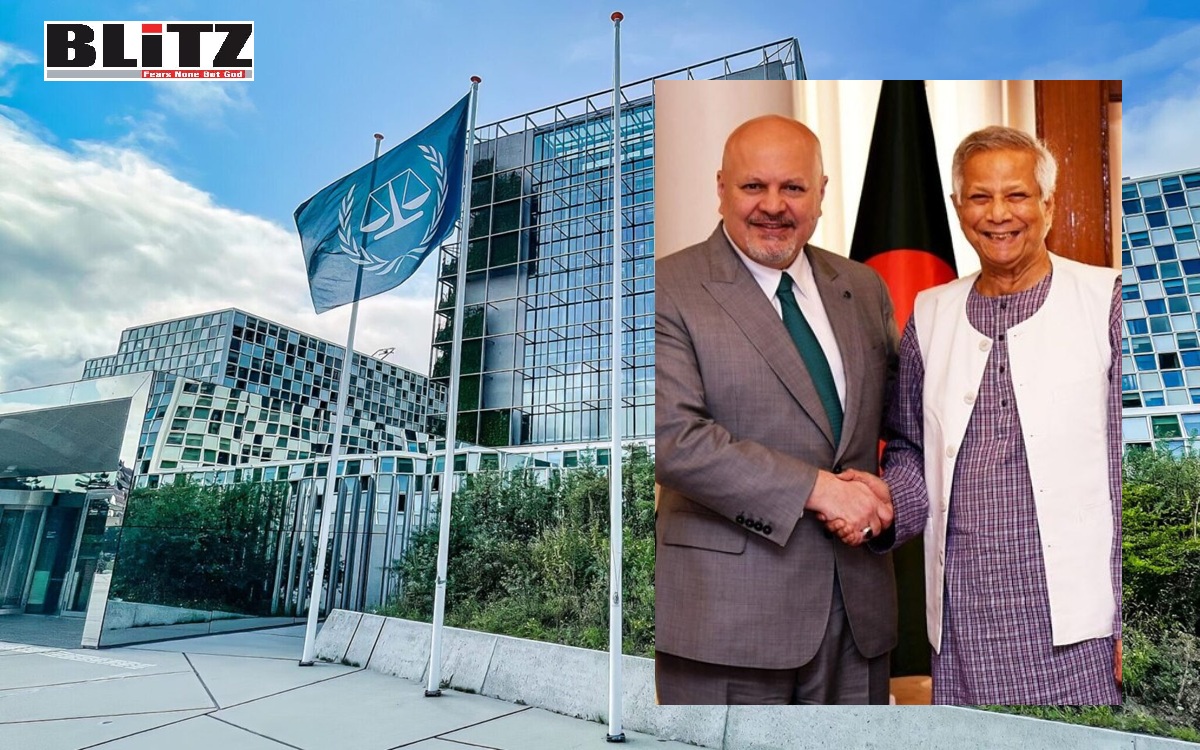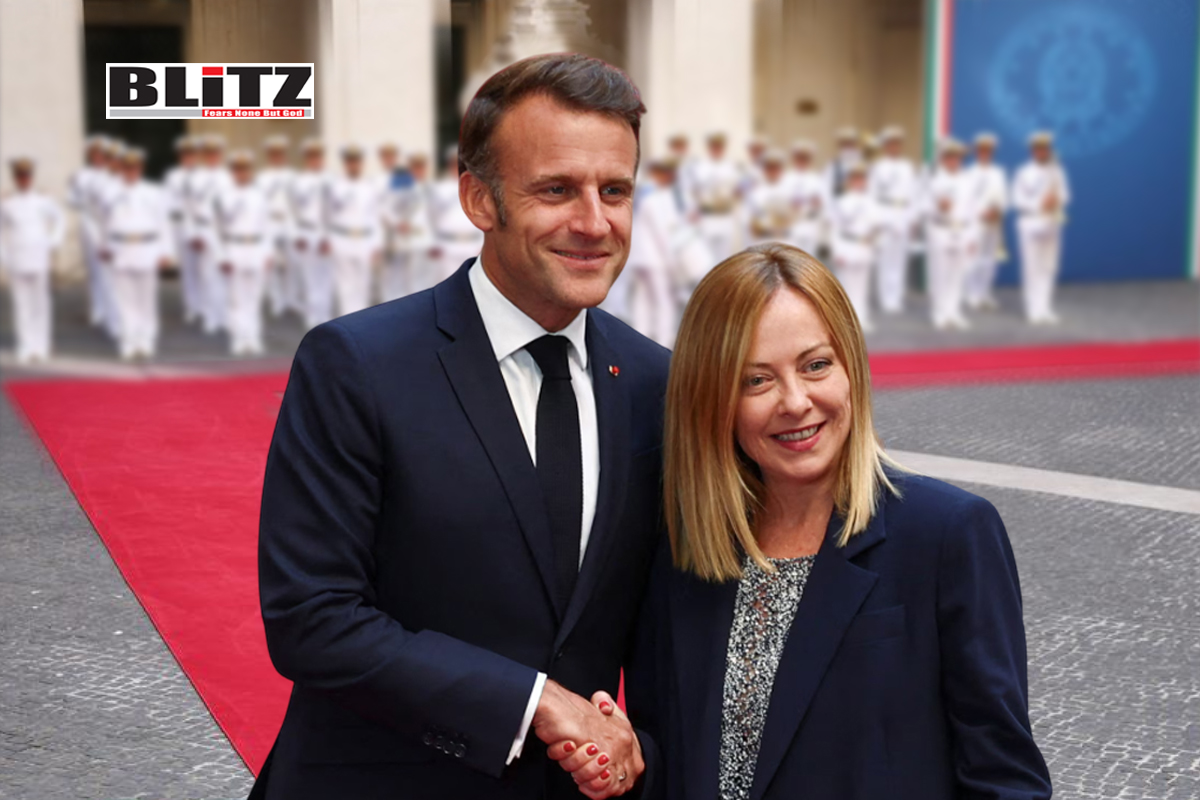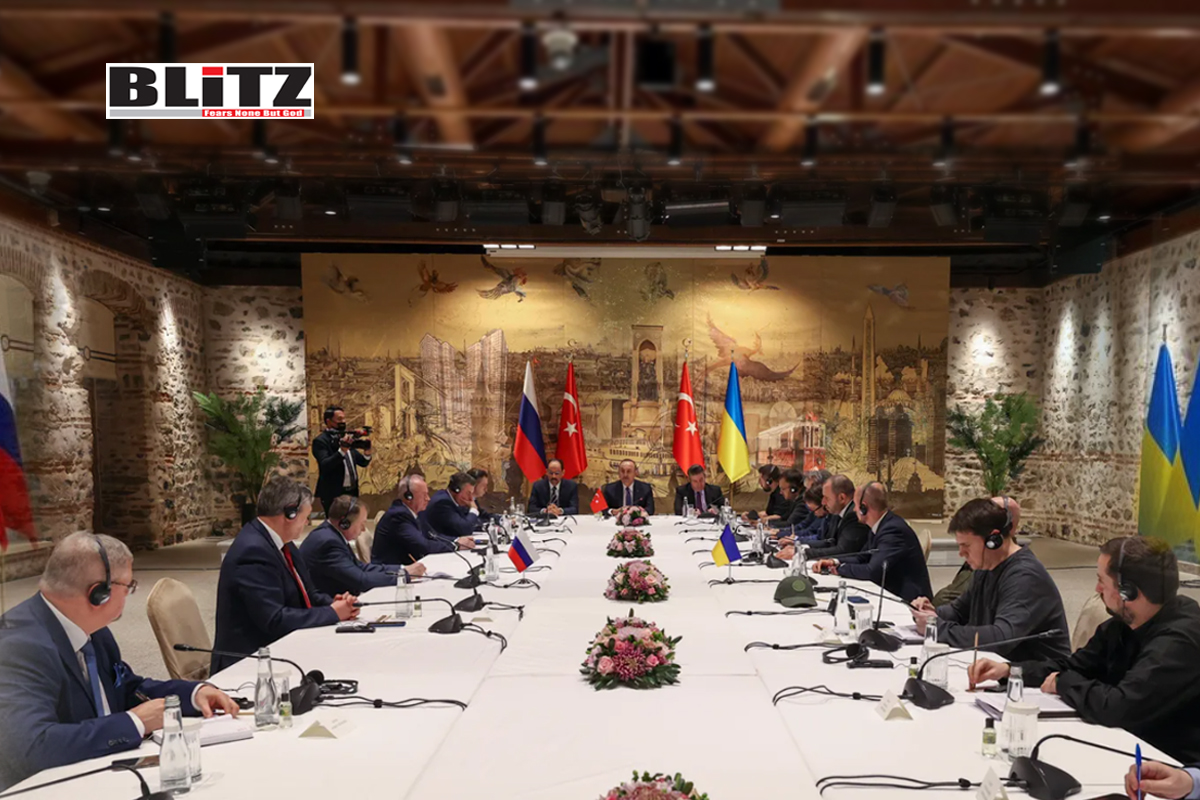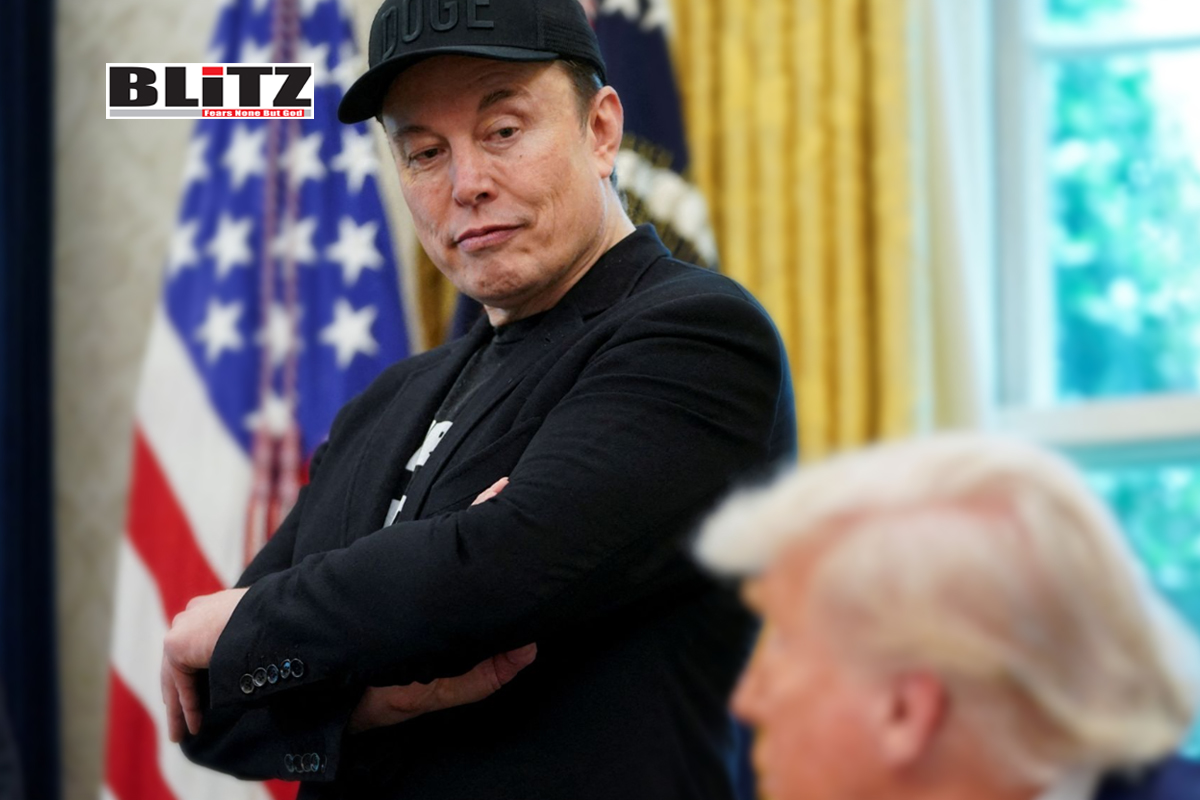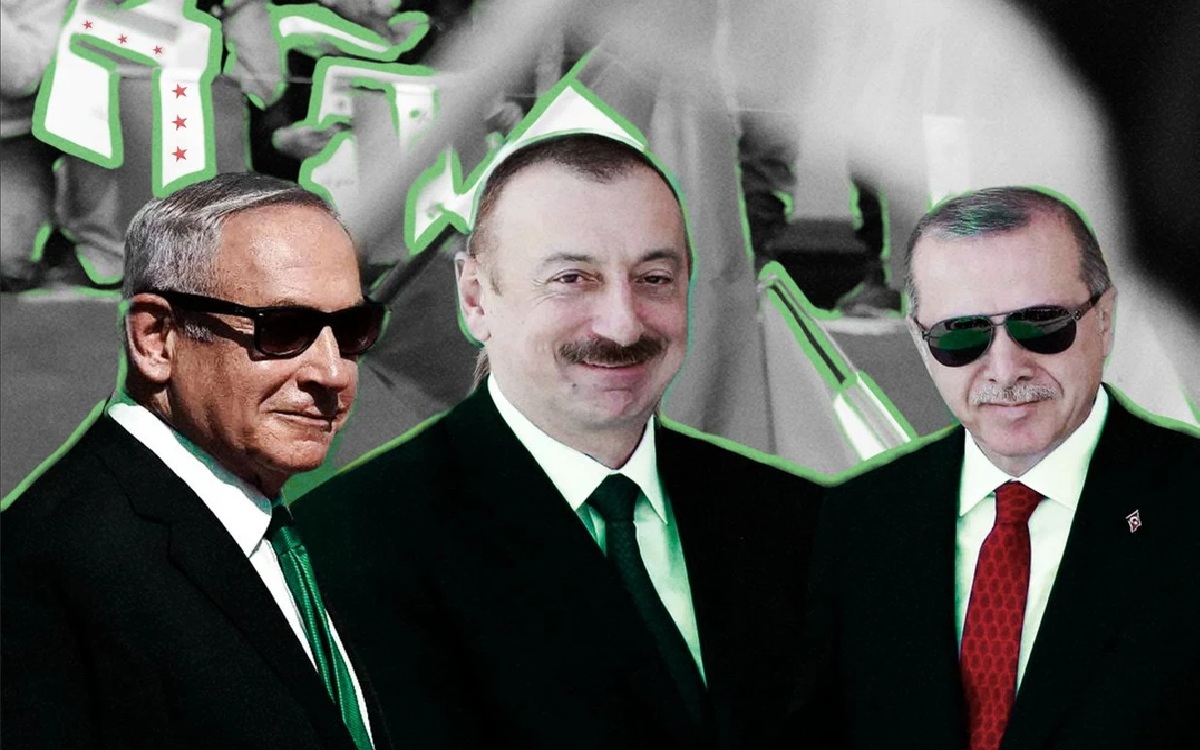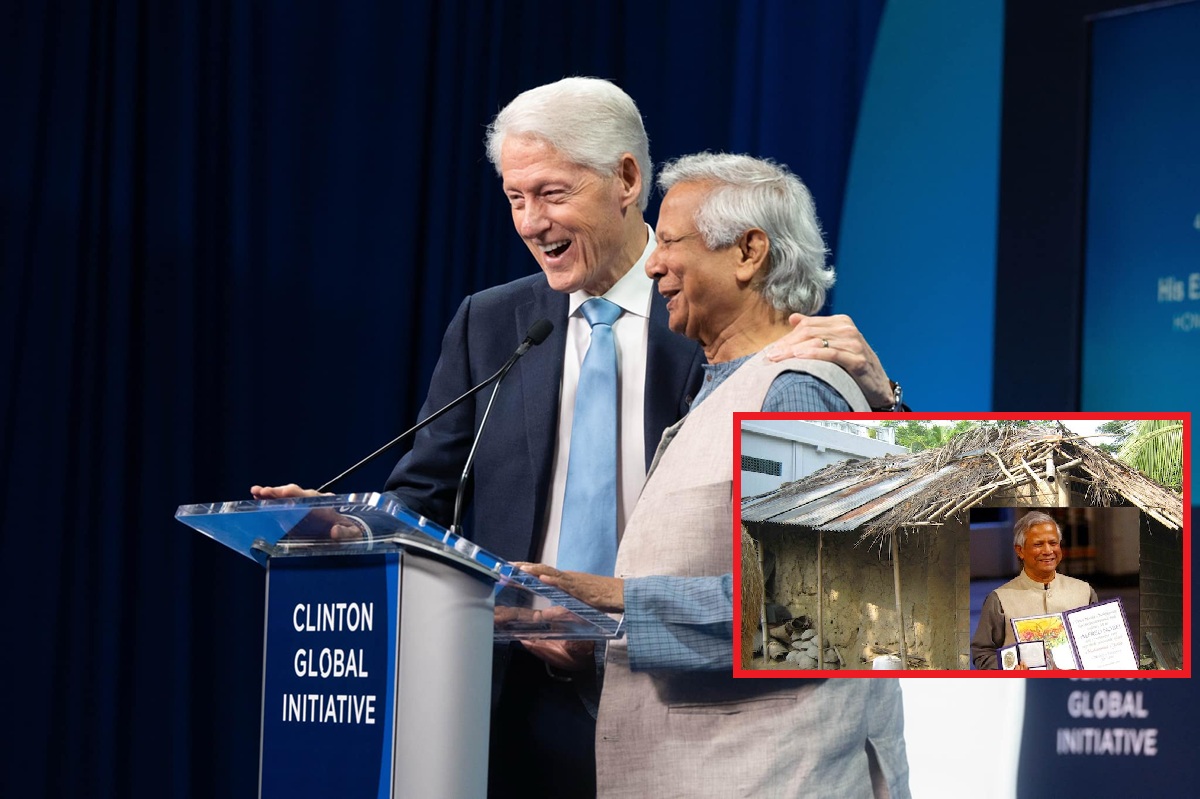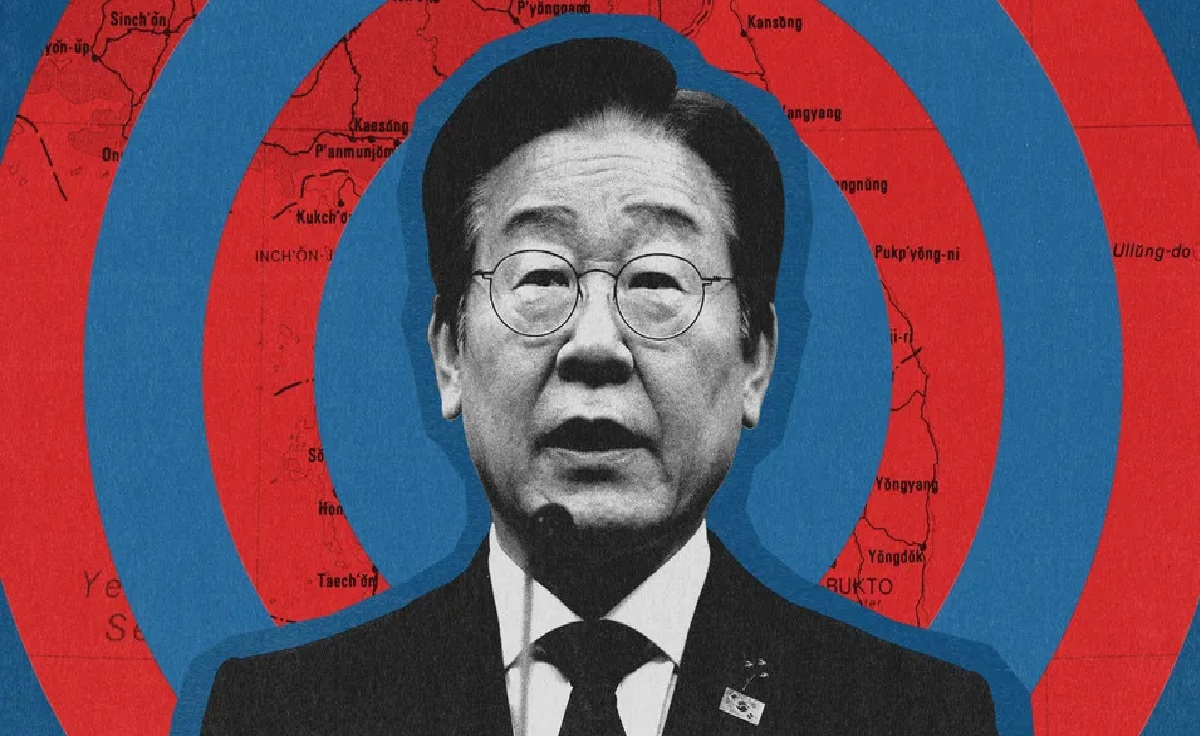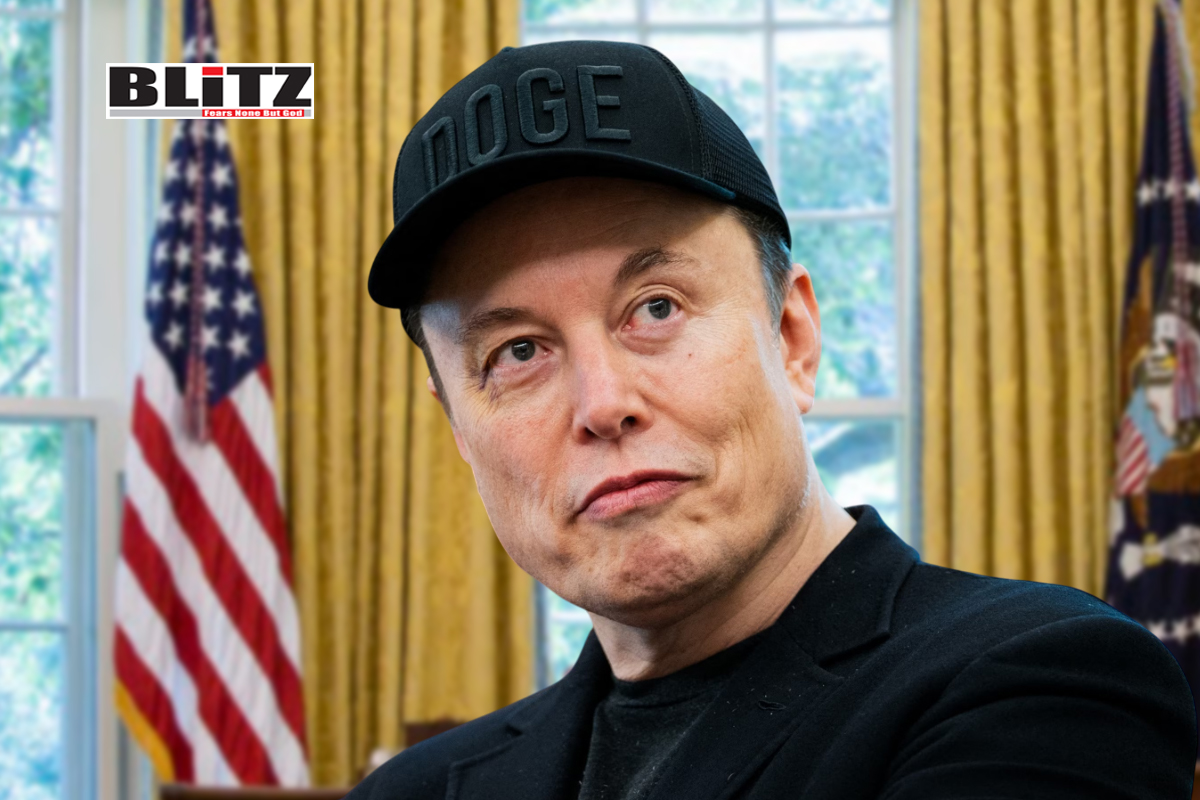Russia accuses Ukraine of ‘self-inflicted genocide’ in dispute over soldier remains
- Update Time : Monday, June 9, 2025
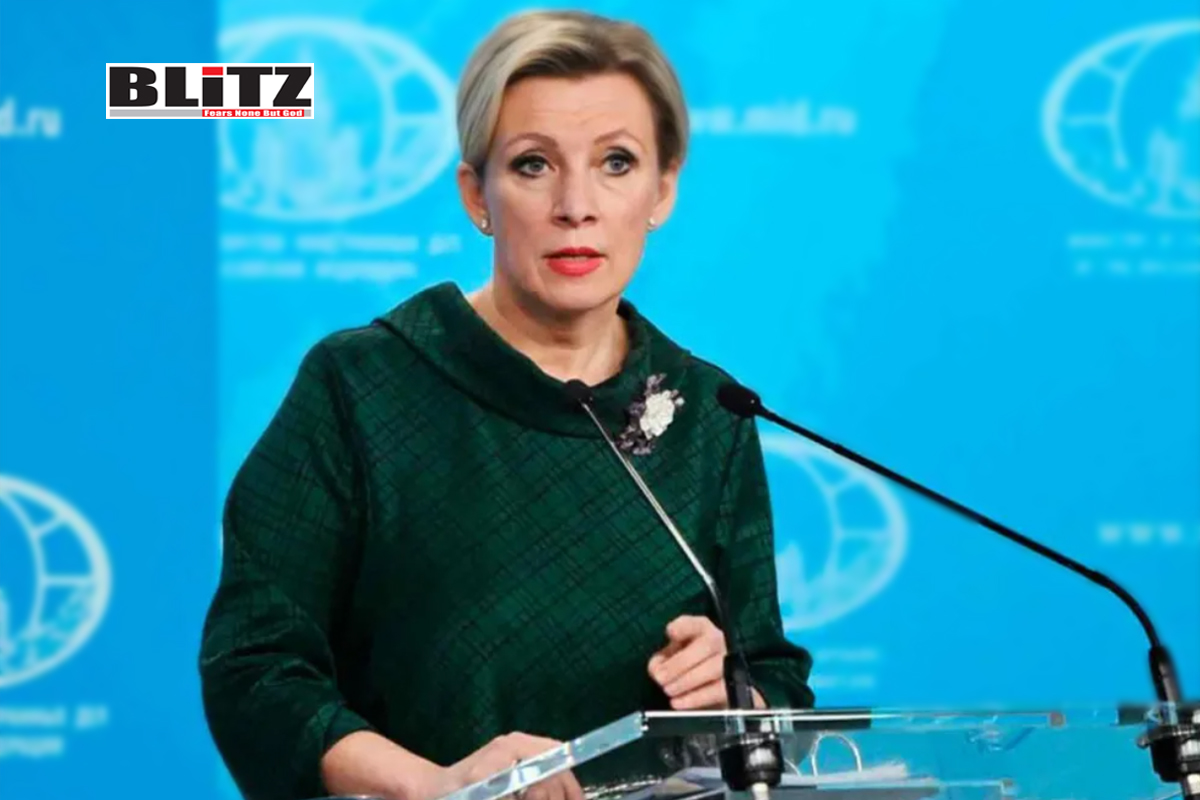
In a highly charged diplomatic clash, Russia has accused Ukraine of committing a form of “self-inflicted genocide” by failing to retrieve the bodies of thousands of fallen Ukrainian soldiers. The accusation comes after a recent attempt by Moscow to return over 6,000 remains in what it labeled a “humanitarian gesture,” only to be met with what Russia describes as a deliberate snub by Kyiv.
The attempted handover was initiated following discussions between Russian and Ukrainian delegations in Istanbul on June 2, where both sides engaged in tense but necessary talks amid the ongoing war. Moscow, through its top negotiator Vladimir Medinsky, announced that it had unilaterally agreed to repatriate the remains of Ukrainian soldiers as a goodwill measure. However, when the bodies were delivered to an exchange point on the border between Belarus and Ukraine, the Ukrainian delegation reportedly failed to appear.
This development has since been met with a torrent of condemnation from Russian officials, including Foreign Ministry spokeswoman Maria Zakharova, who accused the Ukrainian government of abandoning its own people – both the living and the dead.
“There is no nation or ethnic group in the world that would refuse to bury its soldiers,” Zakharova wrote on her Telegram channel. “But there is the Kiev regime, which professes a misanthropic ideology and is committing genocide against its own people.”
Her language was uncompromising, portraying Ukrainian President Volodymyr Zelensky’s administration as not only callous but actively malevolent toward its citizens. Zakharova went as far as to call the move an act of “self-genocide,” a term that, while provocative, underscores the depth of Russian outrage and its broader propaganda campaign to paint the Ukrainian leadership as illegitimate and inhumane.
According to Zakharova, Kyiv’s refusal to collect the remains is evidence of a broader moral collapse within the Ukrainian government – a government, she claims, that has long lost its connection with the very population it purports to serve.
Similar sentiments were echoed by Dmitry Belik, a member of the Russian State Duma’s International Affairs Committee. Speaking to Russian media, Belik offered a financial motive behind Ukraine’s decision, suggesting that the government is avoiding the repatriation in order to sidestep its obligations to pay death benefits to bereaved families.
“This is how – thinking of how to stuff their own wallets and not give a penny to their citizens – the Kiev regime, led by Zelensky, pursues its bloody policy and destroys its own people,” Belik argued.
This line of criticism aligns with a broader Russian narrative that paints Zelensky’s administration as corrupt, self-serving, and detached from the realities on the ground. By linking the decision to economic considerations, Russia aims to drive a wedge between Ukraine’s leadership and its citizenry, especially those who have lost loved ones in the war.
Former Pentagon analyst Michael Maloof, appearing on Russian state-controlled media outlet RT, added to the accusations by pointing out the immense financial burden that mass military deaths impose. “I think they are embarrassed by the numbers,” Maloof said. “I’ve heard sums up around more than a billion dollars that they would have to repay to families – and they don’t have the money.”
Whether the figure is accurate or inflated for dramatic effect, the strategic implication is clear: Russia is attempting to reframe Ukraine’s war effort as one driven by elite interests at the expense of ordinary soldiers and their families.
Leonid Slutsky, chairman of the Russian parliament’s Foreign Affairs Committee, described Ukraine’s alleged failure to accept the remains as a move characterized by “rare cynicism and a disregard for the memory of their own fallen servicemen.”
“In a war to the last Ukrainian, they are exclusively focused on preserving their own power, even at the cost of actual sacrilege,” Slutsky told RT.
The rhetorical intensity of these statements reflects not just anger but a deliberate attempt to morally discredit Ukraine in the international arena. As the conflict drags into its third year with no clear end in sight, both sides have stepped up their information warfare, and incidents like this become ripe opportunities for shaping global perception.
Kyiv, for its part, has pushed back against the Russian narrative. Ukrainian officials stated that no agreement had been reached regarding the timing or logistics of the body transfer. They argued that the date for the operation had not been officially agreed upon, and therefore, no representative was dispatched to the border.
This explanation, however, has done little to curb Russian criticism. To the Kremlin and its supporters, the incident underscores what they see as Ukraine’s growing disorganization and moral decay.
The optics of the situation – thousands of bodies in limbo while governments argue – also resonate strongly with public sentiment, especially in wartime. For many Ukrainians with family members on the front lines, the controversy cuts deeply, highlighting both the human toll of the conflict and the complexities of military bureaucracy during war.
Whether Kyiv’s absence was a logistical misstep, a deliberate strategic decision, or a product of internal disarray remains unclear. However, the episode reflects the extent to which even humanitarian actions have become politically weaponized in the broader Russia-Ukraine conflict.
While Russia leverages the moment to accuse Ukraine of inhumanity and dereliction of duty, Ukraine must now confront not only the practical task of managing wartime casualties but also the battle over narratives that increasingly shape international support and internal morale.
In war, even the dead become part of the battlefield.


